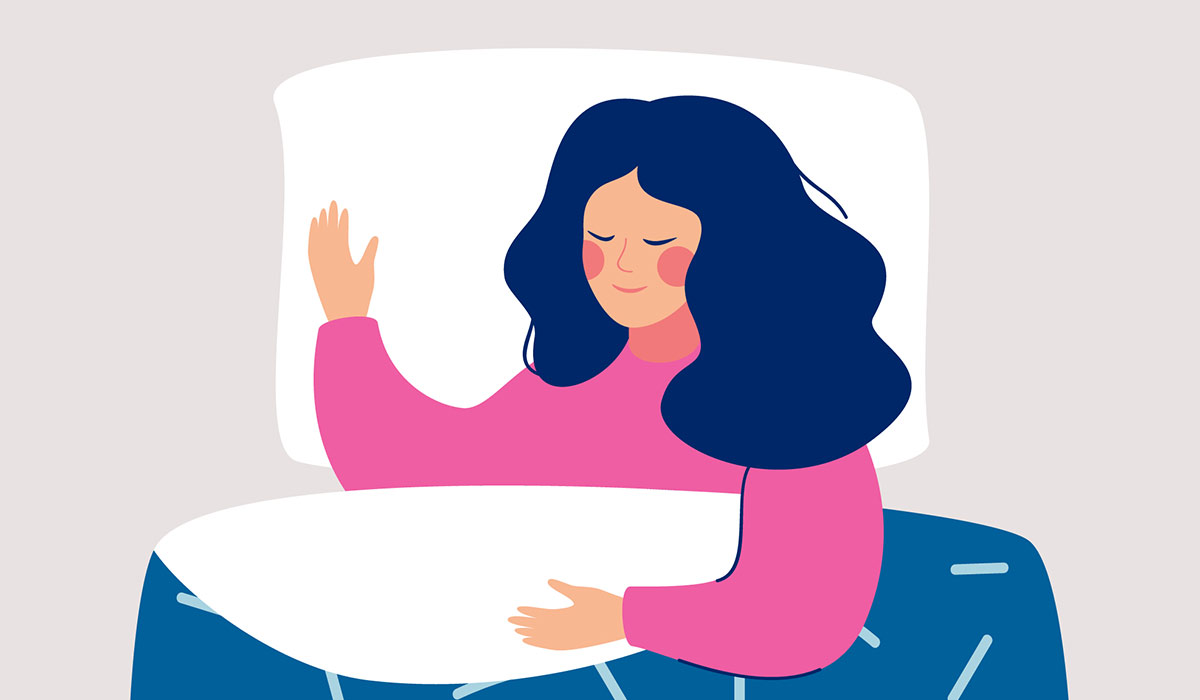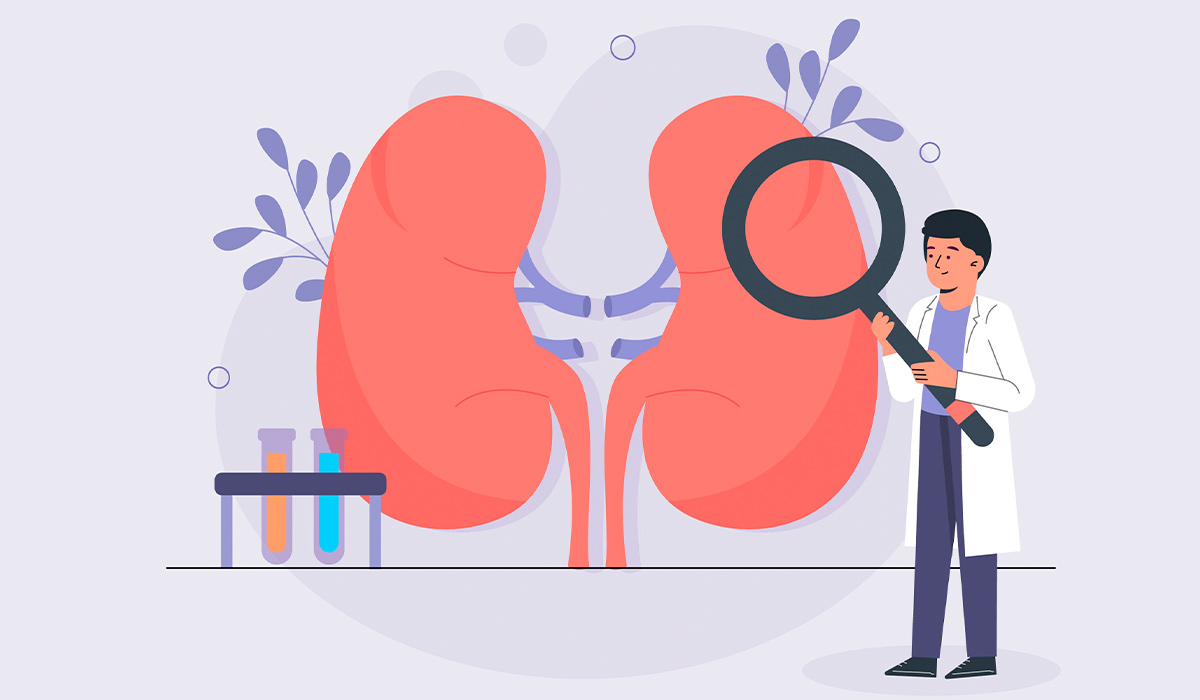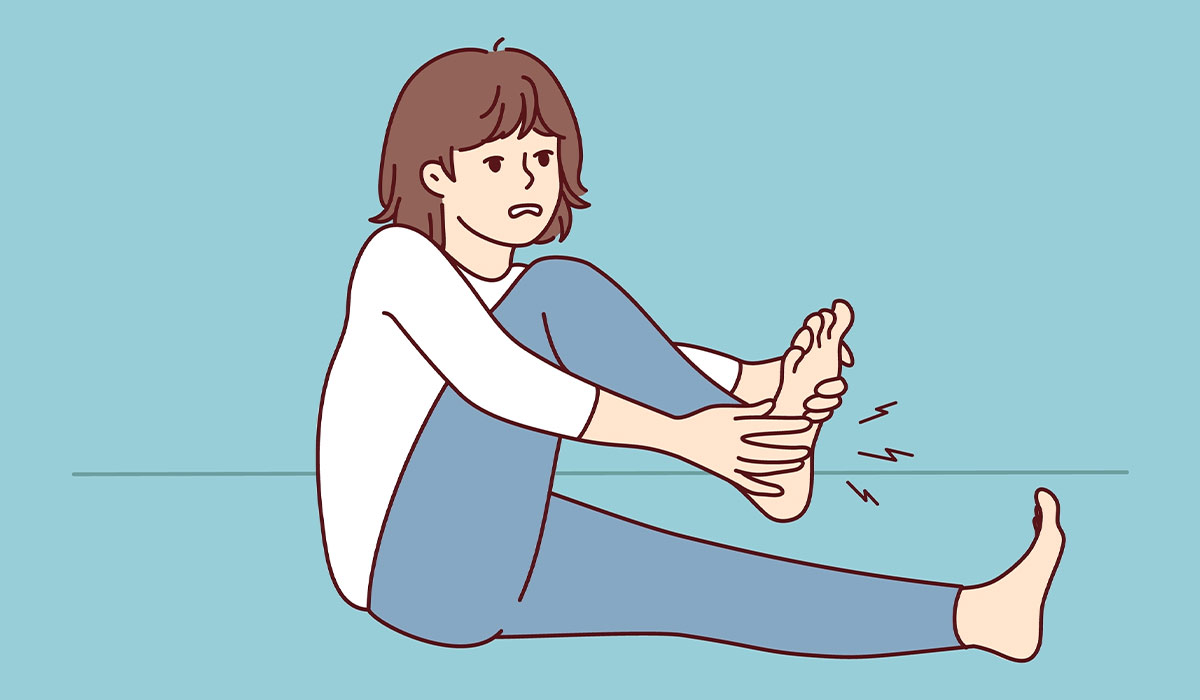Fatigue can be a natural stamen of energy loss or a symptom of illness. A reduced capacity for physical or mental exertion should not be a cause for concern when the body loses strength after many experiences and demands regeneration in the type of rest or sleep. In some cases, fatigue can be a troublesome ailment of unknown cause. Fatigue can also take a chronic form.
When fatigue significantly reduces the quality of life, it is worth analyzing the situation in search of the cause. There are many possible causes of fatigue, and everybody should be considered. Sometimes, it may be necessary to research to find answers about where the constant fatigue comes from. Fatigue may be an indication of various illnesses that require treatment. Therefore, such signals are better appreciated. Also, I want to learn ways to cope with daily fatigue.

Fatigue can significantly affect general well-being and limit social functioning. Fatigue symptoms negatively affect work performance and social relationships. This is why patients often report fatigue in surgeries, looking for a cause. However, there are many causes, and the diagnosis specialist should consider many factors. Fatigue can be divided into secondary![]() , physiologic
, physiologic![]() , or chronic
, or chronic![]() .
.
The first step of diagnosis should be to analyze the secondary causes, as it can be a life-threatening condition. When the cause is still not established, different causes of fatigue should be sought. Causes of fatigue include:
When fatigue becomes troublesome, it is a good idea to see a doctor and have tests done, as the symptoms may indicate a disease. Various diseases are associated with fatigue symptoms. Fatigue can be related to changes in hormones or inflammation in the body. Cancer is the most severe cause of fatigue, so this cause should be checked first to confirm or rule out a life-threatening![]() condition.
condition.

Diabetes and metabolic diseases can cause fatigue. High glucose levels can cause persistent symptoms such as fatigue, increased thirst, frequent urination, weakness, and lethargy. Excessive sleepiness, listlessness, and lack of energy are some of the first symptoms of diabetes. Due to the high glucose concentration, the body cannot process and use it for work.
Anemia is caused by iron deficiency. It is also expected that folic acid or vitamin B12 shortcomings will be seen, which affect iron absorption. The disease process is a lack of hemoglobin in the body, which results in insufficient oxygenation of tissues and organs. It manifests itself not only in fatigue and weakness but also in problems with concentration, pale skin, and much more. People with anemia also often complain of feeling breathless during physical activity. Fatigue in anemia is caused by ruptured blood cells not projecting sufficient oxygen throughout the body.
Another common cause of fatigue is hypothyroidism. Hypothyroidism occurs in Hashimoto's disease![]() , among others. Hashimoto's is an autoimmune disorder in which the body destroys its cells. The body's reaction causes damage to the thyroid gland and reduces the production of hormones. A deficiency of these hormones causes mood swings, chronic fatigue, lethargy, and different symptoms. Hormones significantly impact the metabolic rate and regulate the normal function of many organs. When hypothyroidism develops, the synthesis of thyroid hormones decreases, and it results in the appearance of fatigue.
, among others. Hashimoto's is an autoimmune disorder in which the body destroys its cells. The body's reaction causes damage to the thyroid gland and reduces the production of hormones. A deficiency of these hormones causes mood swings, chronic fatigue, lethargy, and different symptoms. Hormones significantly impact the metabolic rate and regulate the normal function of many organs. When hypothyroidism develops, the synthesis of thyroid hormones decreases, and it results in the appearance of fatigue.
The mental state can significantly affect the physical state, which means that psychological factors can cause fatigue. Mental disorders are often associated with feelings of fatigue. Sleep disorders![]() , in particular, can affect energy status. Sleep problems, on the other hand, have the additional effect of increasing the risk of different mental disorders; therefore, if you cannot find the cause of your fatigue, consider seeing a psychological specialist.
, in particular, can affect energy status. Sleep problems, on the other hand, have the additional effect of increasing the risk of different mental disorders; therefore, if you cannot find the cause of your fatigue, consider seeing a psychological specialist.

Depression is an illness that is mainly associated with fatigue and lack of energy. Apathy and a generally lowered mood negatively affect motivation levels. The chronic feelings of emptiness and sadness that characterize depressive states impair patients' abilities. Normal fatigue usually subsides after rest, whereas depressive symptoms do not pass after rest and may even worsen over time.
Depression can impair your ability to function at work, school, or in social relationships, which has much more severe consequences than ordinary fatigue. If you experience an excess of negative thoughts and have a sense of hopelessness, it may suggest a depressive state.
Another psychiatric entity that is often associated with chronic fatigue is autism. Autism is defined as a spectrum of symptoms, so everybody's neurodivergent experience may be different. However, it has been noted that people with autism often struggle with fatigue. Autistic people may need more energy to do various activities than neurotypical people. Additionally, masking![]() is a characteristic symptom of autism, which can take up large amounts of energy throughout the day. Overstimulation can also result in feeling tired and needing to rest.
is a characteristic symptom of autism, which can take up large amounts of energy throughout the day. Overstimulation can also result in feeling tired and needing to rest.
Chronic stress has negative consequences and can also cause fatigue. People under constant and high levels of stress lose energy more quickly. Stress is omnipresent in everyday life but can be distress or nervous tension. Moderate stress can motivate action and development, but chronic stress can sometimes cause the body to become mentally and physically unstable. During severe stress, cortisol is secreted, an excess of which causes fatigue or even exhaustion. Stress and mental fatigue lead to decreased cognitive functions, poorer concentration, or longer reaction times.
The course of pregnancy can vary between women, but fatigue is a common symptom. Hormones are closely related to feeling tired. Hormonal changes, including an increase in progesterone during pregnancy, can result in fatigue.
Pregnant women are also prone to drops in blood glucose levels and anemia, which can manifest as excessive fatigue and a strong need for rest. The physiological drop in blood pressure during pregnancy can also increase the intensity of fatigue. Women often notice the most significant fatigue at the beginning of pregnancy and towards the end. The basis at this time is adequate sleep.
If fatigue and lethargy are unrelated to illness, the complaints may be due to a poor diet. Fatigue can be caused by mineral deficiencies, insufficient calorie intake, and too many carbohydrates. Iron deficiency mainly affects fatigue, which may be related to anemia. In addition to this, magnesium deficiency![]() can cause fatigue.
can cause fatigue.
The diet should be nutritious and provide energy, so when we eat too few meals, the energy gained from food can be lacking. In addition, too many sugars and carbohydrates contribute to fatigue. Consuming sugar and processed carbohydrates causes blood sugar levels to rise quickly and then fall, and can cause feeling exhausted. Diet, therefore, has a significant impact on feeling tired.

Lifestyle has a significant impact on the amount of daily energy. The diet, as mentioned above, can affect mood and fatigue, but in addition to it, there are also different factors related to habits. Feeling chronically tired can be attributed to too little physical activity. Regular physical activity also results in positive changes in the functioning of the nervous system. The oxygen obtained during movement gives energy and improves brain function. However, excessive and intensive training can also consume too much power, so the level of physical activity should be adapted to the individual.
In addition to it, sleep is also essential. An adequate amount of quality sleep is necessary to reduce fatigue. Also, factors such as noise, frequent mobile phone use, or working in front of a monitor screen can contribute to overstimulation and loss of energy.
If you are wondering why you are constantly tired, look at the medication leaflets. Medications often have side effects, which can include fatigue. Some medicines cause a drop in blood pressure and affect nerve transmission or the endocrine system, affecting mood, general well-being, and fatigue. Once the medication is discontinued, the persistent side effects should disappear.
Medicines that cause fatigue include benzodiazepines, antipsychotics, gliptins, and antihistamines, among others. If you need to take medication that causes fatigue, consult your doctor. It may be possible to use a different medication or find a treatment for persistent fatigue.
Allergies can also cause loss of energy and fatigue. Allergic rhinitis in patients can cause symptoms of sleep apnea. Allergies also cause dryness of the throat mucosa. Allergic symptoms can, therefore, significantly reduce the quality of sleep, which contributes to insufficient recovery and feeling tired during the day. In addition, antihistamines used for allergies may impair concentration and increase sleepiness.

There is also an illness that is closely related to chronic fatigue. CFS is chronic fatigue syndrome, which is a significant problem for the health service. A different name for the disease is myalgic encephalomyelitis![]() . Chronic Fatigue Syndrome is a specific type of multisystem disease. Symptoms include:
. Chronic Fatigue Syndrome is a specific type of multisystem disease. Symptoms include:

Post-exercise fatigue causes many unpleasant complaints in people with CFS. Associated symptoms also include cardiovascular and gastrointestinal problems. Patients may also exhibit symptoms of anxiety, panic attacks, and difficulties with social functioning. Symptoms will be classified as CFS if they persist for over six months. Chronic fatigue syndrome is a biological disease rather than a psychiatric disorder.
The disease poses a challenge to doctors, as the exact pathogenesis of CFS is not yet understood. As a result, diagnosis and treatment is complex. There are various theories about the causes of CFS, which include biochemical changes that affect immune function, hormonal regulation, and the oxidative stress response. The disease may be confused with fibromyalgia![]() or other conditions.
or other conditions.
Chronic fatigue syndrome requires further research as it is a major medical problem. People with CFS experience a great deal of suffering, and the disease significantly affects their professional and personal lives.
If you experience intense fatigue significantly affecting your quality of life, consult your doctor. If rest does not bring the expected improvement, you need to look at your habits and state of health. Determining the cause is necessary to eliminate the symptoms of fatigue. Where the cause is an illness, targeted treatment is needed. Once the underlying disease is treated, the fatigue symptoms should disappear. If, on the other hand, the cause is an unhealthy lifestyle, it is advisable to use strategies to offset fatigue.

Lack of physical activity exacerbates the symptoms of fatigue. If you can, bring regular exercise into your life, especially if you do office work and spend a lot of time in front of a computer. Simple exercises will help you relax and give you strength. Just 20 minutes of exercise daily is enough to experience positive health, mental, and physical benefits.
Dietary deficiencies can result in fatigue and weakness, so consider this. Getting the right amount of nutrients in your food is key to staying healthy. Also, ensure that the meals you eat are nutritious and provide energy. Therefore, swapping simple carbohydrates for complex ones and provides an adequate amount of protein. Also, remember to keep your meals regular.
Sleep hygiene refers to factors that affect the length and quality of your sleep. If you wake up frequently during the night, your sleep may not be sufficiently restorative. Therefore, it is important to ensure that your sleep is long-term and good. Clean bedding and comfortable pillows are essential. In addition, keep an eye on consistent times for getting up in the morning and going to bed. Don't abuse caffeinated drinks before bedtime.
Stress significantly affects daily functioning and fatigue. Therefore, try to limit stressful situations. However, if your lifestyle requires a certain amount of tension, remember to relax and rest. Relaxation exercises are suitable for your mental health and negate signs of fatigue. Everybody has their own way of relaxing. Popular ways include meditation, massages, and walking outdoors.
Fatigue is a common symptom that can have various causes. If you experience intense fatigue that reduces your quality of life, consult your doctor. Fatigue can be a sign of illness. If you want to eliminate fatigue and weakness during the day, it is also worth changing your habits and adopting a healthy lifestyle.
Table of Contents

REM is the stage of sleep in which rapid eye movements occur. What then happens in the brain and body?… read more »

Sleep paralysis is a condition in which you experience a feeling of inertia of the entire body. What are the… read more »

Don't let sleep disorders take away your enjoyment of life. Find out if you have symptoms of sleep apnea. Learn… read more »

Insomnia is characterized by insufficient duration or unsatisfactory quality of sleep. The problem can take many forms. What are its… read more »

Mental health is the foundation of a good life. Learn strategies on how to improve your mental well-being. Create a… read more »

Stress can be defined as the body's response to events that disturb its balance, burden it, or exceed our ability… read more »

Narcolepsy is a disease of sudden, involuntary sleep attacks during the day. What are the other symptoms of the disease?… read more »

Adrenal fatigue is a medical condition in which the adrenal glands do not produce enough hormones to function properly. Check… read more »

Restless legs syndrome is a disorder that causes unpleasant sensations in the legs and an irresistible urge to move them.… read more »